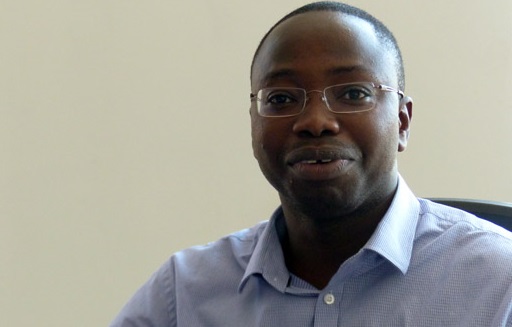
INTERVIEW: Gerald Begumisa, the managing director of Yo Uganda Ltd, spoke to Flavia Nassaka about operating an ICT business in an economy where ICTs are still under developed.
What are the key elements in your management style?
My focus is value for shareholders. How this value is created is through innovation and setting trends in terms of technology. That is what directs my management style. I employ an open-door policy and aim to be as close as possible to the people working for me such that if any challenge arises, they can easily directly contact me. However, I also employ a lot of delegation.
What does Yo Uganda do?
We have been in business for more than ten years and focus on solutions that leverage mobile technology to deliver benefits to businesses, organisations and individuals. We also do mobile payments through our platform called Yo! Payments. We also enable banks connect their systems to mobile money such that bank account holders can transfer money from their account to mobile money without going through an agent. For merchants, we enable them accept mobile money as a way of getting paid where they use a point of sell device to issue a receipt.
You were selected to take part in the second African Start-up challenge and the swift summit in Mauritius three months ago. How important was this for the company?
We were the only start up selected from Uganda. It was interesting that we got an opportunity to showcase our Yo! Payments platform to all banks present from across the continent. We didn’t win an award but our platform was well received because of its uniqueness and the fact that it’s live and processing real transactions as opposed to being just a concept as some of other solutions showcased at the event. We were introduced to several banks in South Africa, Togo and Ghana, which are good contacts that we’ve started engaging.
In the talk of achieving economic development, experts mention a cashless economy as a possible driver. Do you see a possibility of Uganda becoming a cashless economy any time soon?
Yes. There has been overwhelming adoption of cashless person-to-person transactions in the form of mobile money transfer. With solutions like Yo! Payments, cashless transactions are now being extended to general payments for goods and services, tax payments, salary payments and other government and corporate payments. In my opinion, a cashless Uganda would be achieved through a combination of mobile money enabled payments and traditional bank-card (credit/debit card) payments, with the mobile money-enabled payments forming the majority of all transactions.
Your work focuses on two industries ICT and financial; how do you rate both industries in Uganda in relation to other countries in the region?
In terms of financial services in general we are at par with the rest but for mobile financial services we are second to Kenya because they have a wider base and have been there longer. When it comes to challenges, we face similar ones but countries with access to the coast have an advantage because they have a shorter distance to cover in terms of global Internet access. When it comes to Uganda, the sea cables have to go through Kenya or Tanzania. These countries also have easy importation of both equipment and other services and therefore this makes them more attractive to western investors. But, in terms of innovations, Uganda has more innovators than Kenya or Tanzania.
In a country where ICTs are still underdeveloped, how do you ensure that you provide your clients with the best services?
It’s true that ICTs are under-developed but we’ve been around for ten years and there have been significant strides taken in the ICT space meaning that our services have been improving. When we started out, internet could only be accessed via satellite services and it was slow yet very expensive. At the time, prices were high and there were limitation to the types of solutions that could be offered in the ICT space. Soon after that, fiber optic internet connectivity landed in East Africa starting from Mombasa. That dramatically dropped the costs of internet. I know that in 2006 we were paying about $700 per month for an internet connection whose speed was 64kb per second. Now, we are paying $600 (about Shs 2m) and we are getting 20 times more than that capacity. That has driven up the types of solutions that can be offered and also widened the audience. The field is growing quickly and our operations have also been improving. Solutions offered through mobile are very popular. They target a market of 15 million users. Whether we are selling something directly to them or we are selling something to a corporate who wants to engage them those still become very viable ICT products.
What are some of the challenges you face?
Access to credit is a challenge. Financial institutions don’t seem to recognise technology businesses the same way that they recognise a traditional industry like manufacturing or trade. They tend to focus more on providing loans at good rates to such industries and when it comes to technology companies like one that deals in software, a conversation about a loan is not an easy one.
 The Independent Uganda: You get the Truth we Pay the Price
The Independent Uganda: You get the Truth we Pay the Price


